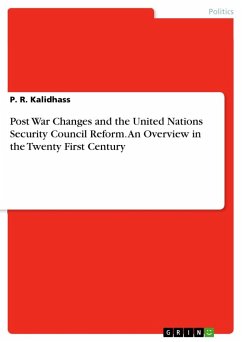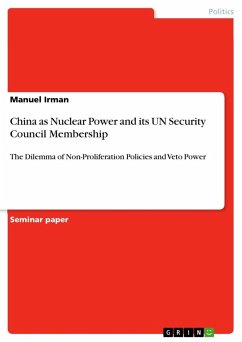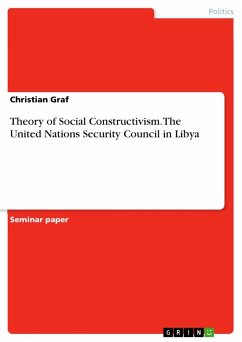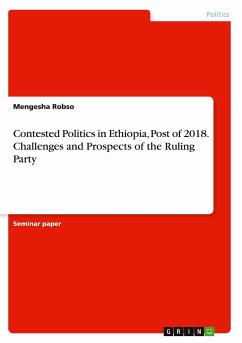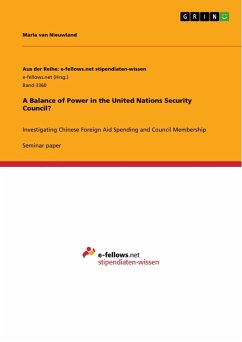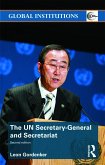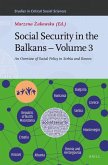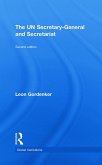Document from the year 2023 in the subject Politics - Topic: Public International Law and Human Rights, grade: A plus, University of Delhi (Faculty of Law (Law Centre-1)), language: English, abstract: The main objective of the study is based on two issues: Whether the Composition and Veto Power of the Security Council need to be democratised or not? If it should be democratised, What extent it should be democratised?, Why it should be democratised?, and How it should be democratised? Why the founders of the Organization have given the permanent membership and veto power only to the five members in the Security Council? Why we need reform in the Composition and Veto Power of the Security Council in the Twenty First Century? Due to various changes in the Security Council as well as in the United Nations Organization (especially after the establishment), the Council proved to be insufficient in its representation and ineffective in its functioning. Hence, the assumption made and built the Security Council by the founders of the Organization was suitable only to the situations of 1945 but not to the contemporary world. Hence, the researcher work makes an attempt to study the Security Council reforms, particularly the provisions of Article 23 and 27 of the UN Charter. Further, the ¿Twenty First Century¿ is the need of hour to bring the Council in a democratic way to strengthen its capacity and effectiveness for the present and future maintenance of international peace and security. At first, the research work would analyse the necessity behind the limited membership and the veto power of the permanent members in the Security Council under the UN. Further, the work will focus on the expectations of the founding fathers of the UN while conferring various powers and functions of the Security Council and the misuse or abuse of such powers and functions by the permanent members for their own sake. However, the research work will also focus on the expectations of the ¿Third World Countries¿ to strengthen the Council¿s capacity and effectiveness in the ¿Twenty First Century¿ for the present and future maintenance of international peace and security. Moreover, the work also analyses the way in which the membership and the veto power of the Security Council shall reform and how can we bring the effective co-operation and secure the interest among the members of each regions of the world by reforming the Council. At last, the research work highlights the increasing number of UN Peacekeeping Operations and the necessity behind the attention of the Security Council in response to intra-state (i.e., internal) conflicts.

